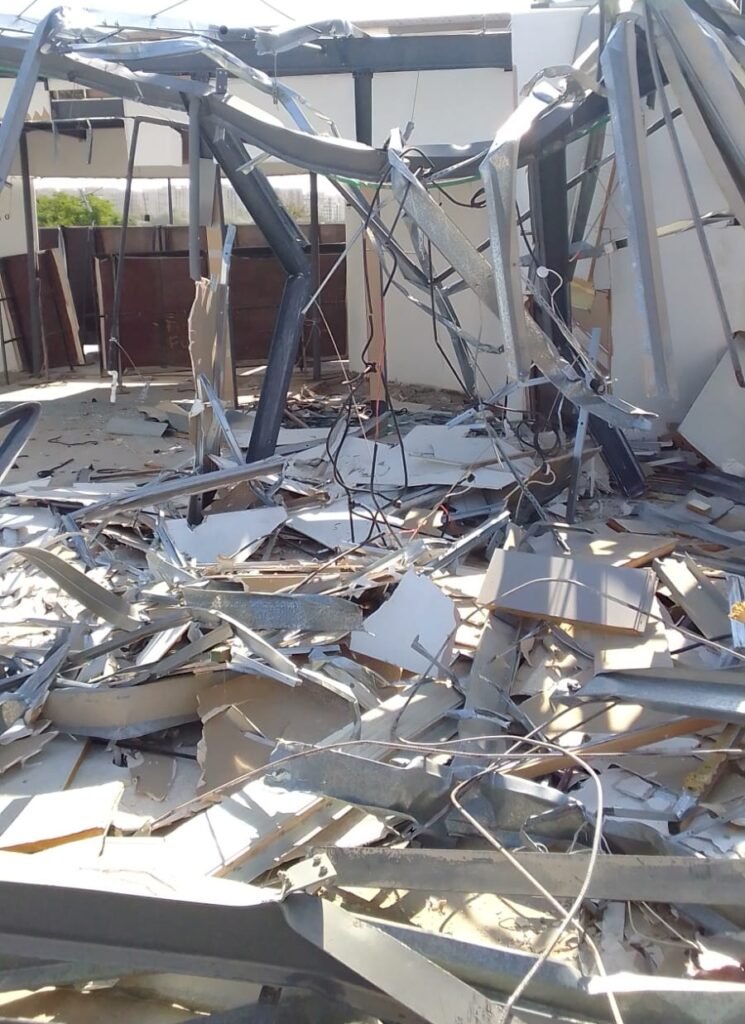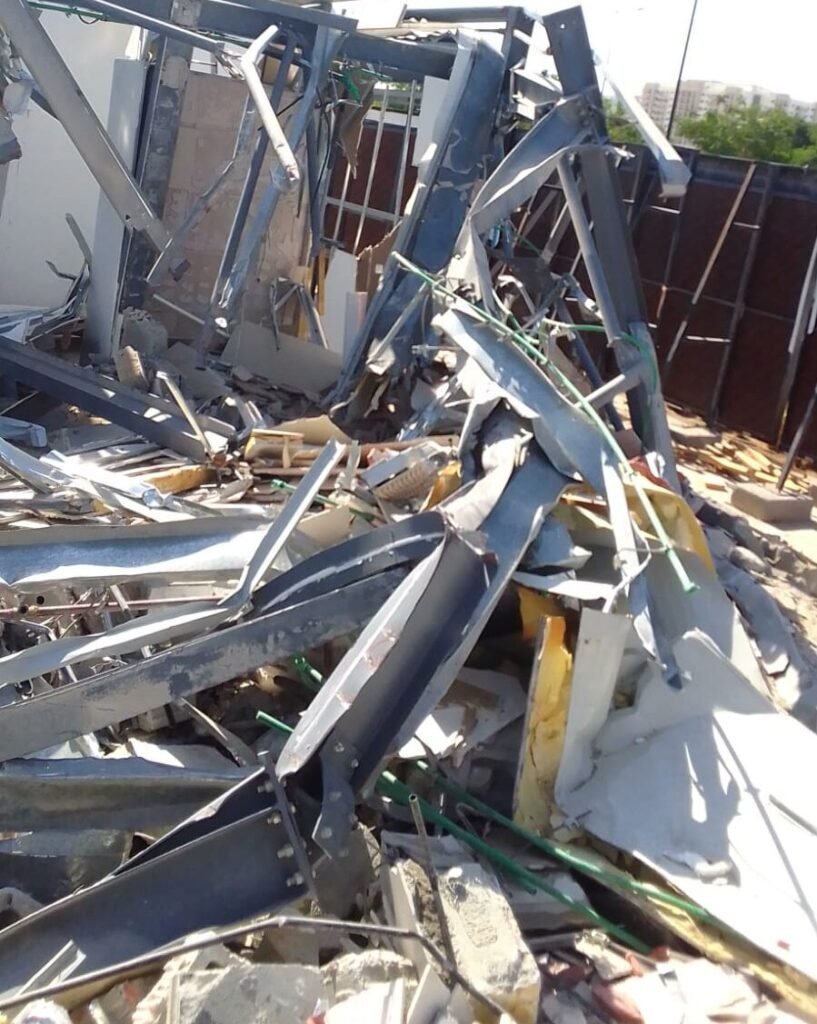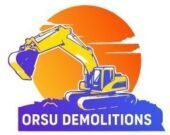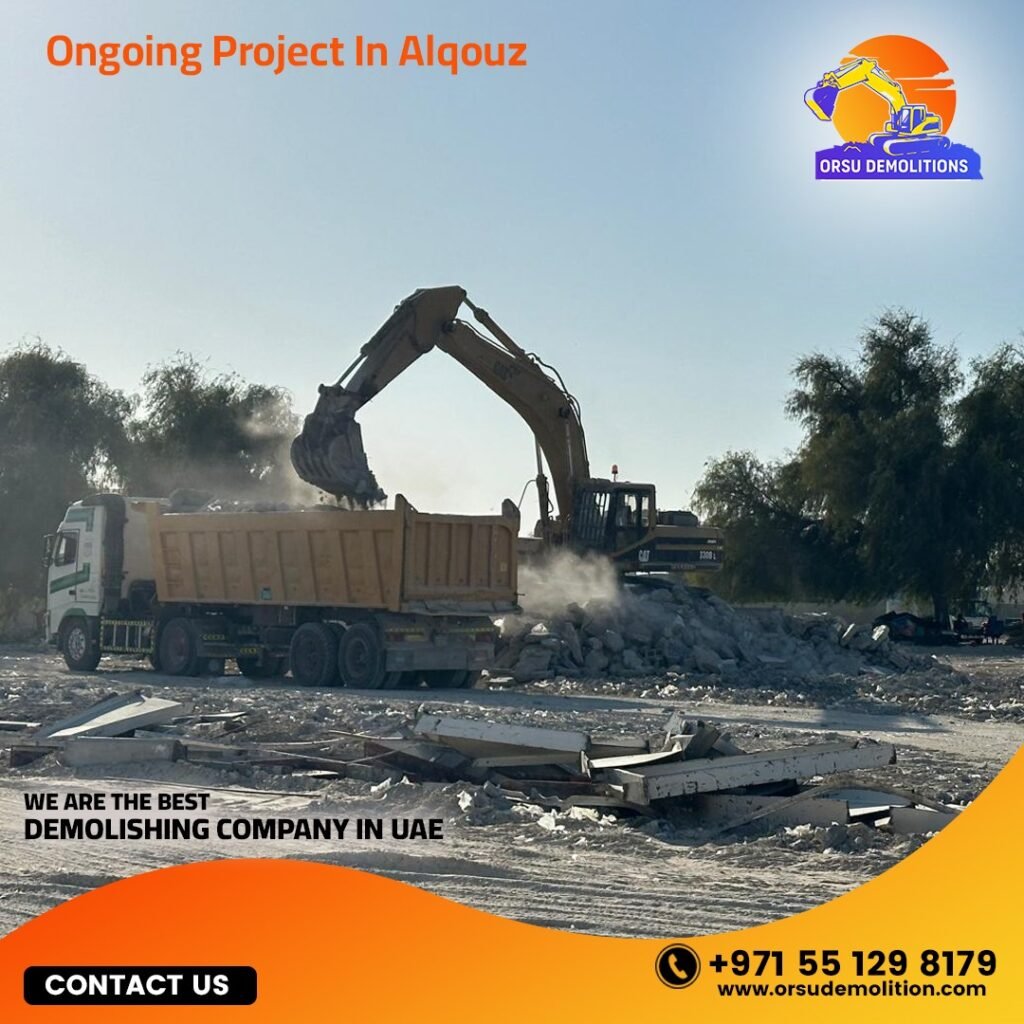Our Ongoing Project: Fast Demolition Services at Al Quadra Cinema Hall

ORSU Demolition Company is proud to be leading the demolition project of the iconic Al Quadra Cinema Hall. With our expertise in large-scale and complex demolitions, we are implementing advanced techniques and strategies to ensure the project is completed safely, efficiently, and with minimal disruption to the surrounding area. Below are the key services being provided by ORSU Demolition Company in this landmark project:
1. Complete Structural Demolition
ORSU is responsible for the complete structural demolition of the Our Ongoing Project in Al Quadra Cinima Hall. This service involves the careful dismantling of the entire building structure, including:
Dismantling of steel frameworks and concrete structures to clear the site for redevelopment.
Use of high-reach excavators and demolition robots for safe and controlled removal of the building’s components.
Deconstruction of interior elements, such as seating, stages, projection rooms, and concession areas, all while preserving surrounding structures.
The controlled approach ensures that the demolition is completed with precision and without harming nearby buildings or utilities.
2. Selective Demolition
In certain areas of the project, ORSU is providing selective demolition services. This involves:
Preserving specific sections of the Our Ongoing Project in Al Quadra Cinima Hall for future use, while demolishing parts that are no longer structurally sound or needed.
Interior strip-out services, where we dismantle non-structural elements like walls, ceilings, and floors, without affecting the building’s frame.
Selective demolition allows the property owner to reuse or refurbish parts of the building, reducing waste and lowering costs.
3. Asbestos and Hazardous Material Removal
The Al Quadra Cinema Hall, built many years ago, contains certain hazardous materials such as asbestos and lead-based paints. ORSU’s specialized team handles the safe removal and disposal of these hazardous materials, following strict environmental and safety regulations. This service includes:
Asbestos abatement, ensuring that asbestos-containing materials are safely removed, bagged, and disposed of at certified facilities.
Decontamination of hazardous materials, including the safe handling of any chemical substances found on-site.
This critical service ensures the safety of our team, the public, and the environment.
4. Material Recycling and Salvage
As part of our commitment to sustainability, ORSU provides material recycling and salvage services during the demolition of Our Ongoing Project in Al Quadra Cinima Hall. This service includes:
Recycling concrete, steel, and other materials to reduce waste and promote environmental sustainability.
Salvaging valuable architectural elements that can be reused or repurposed for future construction or sold as reclaimed materials.
Sorting and transporting recyclable materials to local recycling centers.
By recycling and salvaging materials, we are helping reduce the environmental impact of the demolition and contribute to Dubai’s sustainability goals.
Our team’s expertise in full-scale demolitions, selective deconstruction, hazardous material removal, and site preparation ensures that this project will be executed efficiently, with minimal disruption to the surrounding community and environment. ORSU is proud to contribute to Dubai’s growth through its dedication to high-quality demolition services.
Located in one of Dubai’s most vibrant industrial and commercial areas, this project is crucial for the redevelopment and transformation of the region. With our extensive experience and state-of-the-art technology, we aim to execute Our Ongoing Project in Al Quadra Cinima Hall with precision and excellence, ensuring minimal disruption to the surrounding environment and community.

Environmental Responsibility and Waste Management


